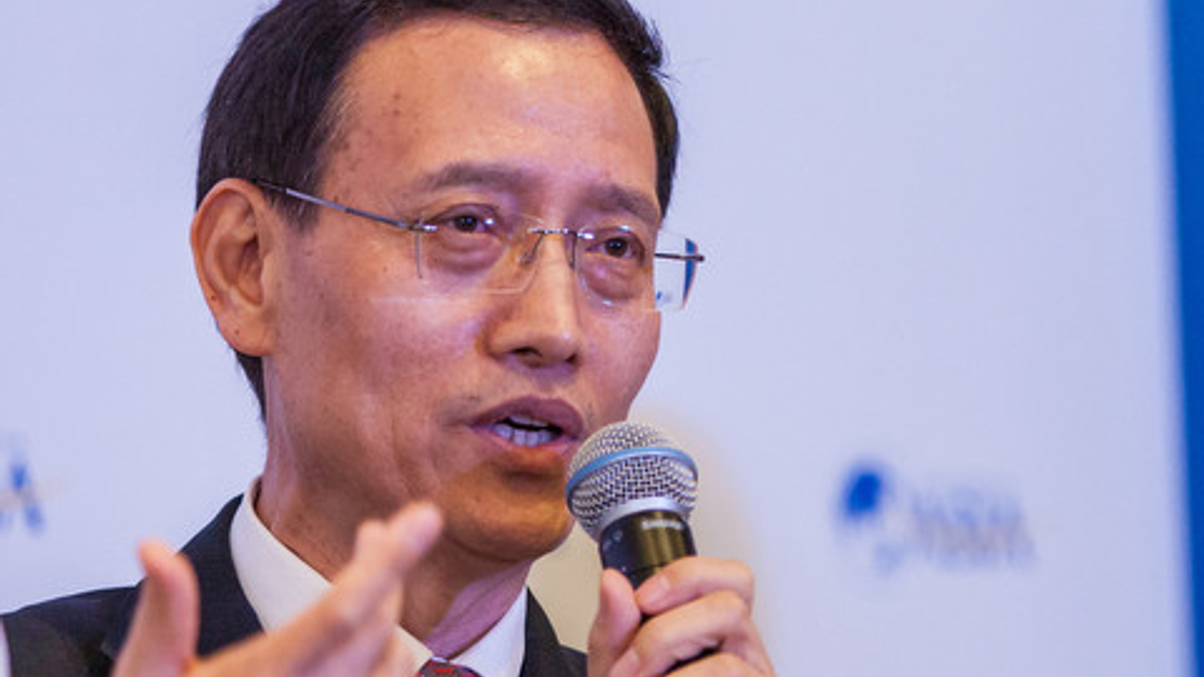China’s PICC eyes micro loans to boost returns
The insurance firm's president says it aims to get into micro lending and that many of its peers are mulling similar moves, amid government backing for 'inclusive finance'.

China’s largest property-and-casualty insurer, PICC, wants to fill the gap left by banks when it comes to micro loans, and this may herald a wholesale shift by non-bank institutions into this area.
Sign in to read on!
Registered users get 2 free articles in 30 days.
Subscribers have full unlimited access to AsianInvestor
Not signed up? New users get 2 free articles per month, plus a 7-day unlimited free trial.
¬ Haymarket Media Limited. All rights reserved.


